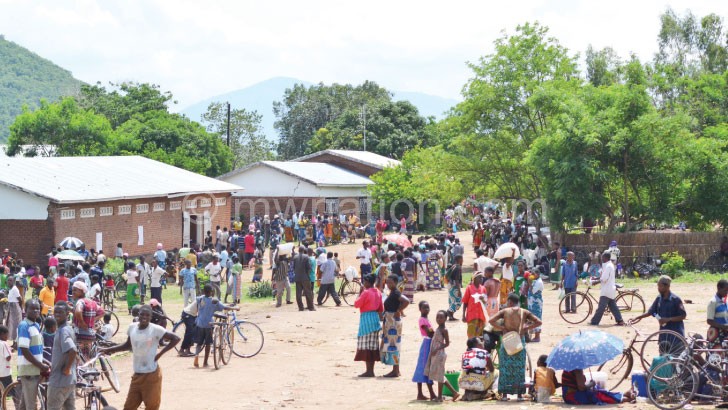Government rules out collusion on Fisp prices
Government has ruled out collusion among suppliers of the Farm Input Subsidy Programme (Fisp) following an announcement that it will make available K15 000 while farmers will be required to pay the rest to buy a bag of fertiliser.
This means that a Fisp beneficiary’s contribution will vary depending on market prices set by the private sector which has been mandated to distribute 54 000 metric tonnes of the 90 000 metric tonnes allocated to 900 000 beneficiaries.

Addressing the media in Lilongwe yesterday, Minister of Agriculture, Irrigation and Water Development George Chaponda said the Fisp reform which requires the private sector to set prices for inputs would encourage competitiveness.
He said collusion among the suppliers would not benefit any of the 27 private sector suppliers because they will be fighting to sell the biggest number of bags.
The government has devolved the procurement and distribution of fertiliser to the private sector while Agricultural Development and Marketing Corporation (Admarc) as well as Smallholder Farmer Fertiliser Revolving Fund of Malawi (SFFRFM) will focus on hard-to-reach areas.

As part of efforts to maintain the K31.4 billion Fisp budget within manageable levels, government has maintained that payment to suppliers would only be done upon submission of genuine coupons.
The government has fixed the coupon price of fertilisers at K15 000 each while maize seed will be at K5 000 and legumes at K2 500.
But the farmer will be paying the difference between the commercial price, currently not established, and the coupon price. This means that if a supplier is selling a 50kg bag of NPK at K20 000, the farmer will top up with K5 000.
“The companies will be interested to dispose of the fertiliser which they will have procured to participate in Fisp. There will be at least five or six in an area and will want to sell their stock, so I don’t think there will be collusion among them to get more money from the government,” he said.
Chaponda said the ministry would sensitise the public to the expected prices and changes to the programme.
He also ruled out delays in distribution of fertilisers, saying the identified private sector companies have demonstrated capacity to stock the required levels.
The government has also finally identified 24 seed suppliers following contributions from donors amounting to $5 million (about K3.6 billion).
On the identification of beneficiaries, the government is due to dispatch registers to the 28 districts for the public to know who will benefit in this year’s programme.





